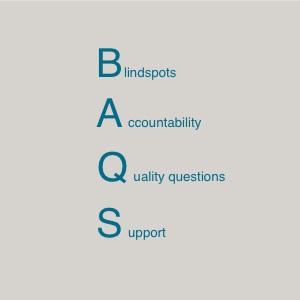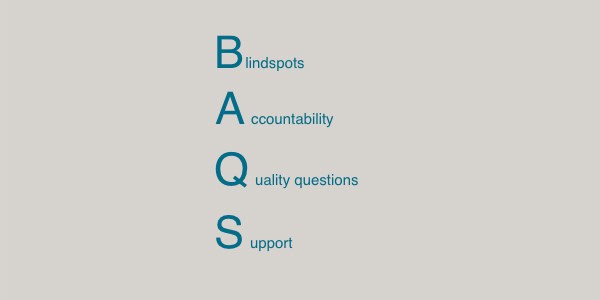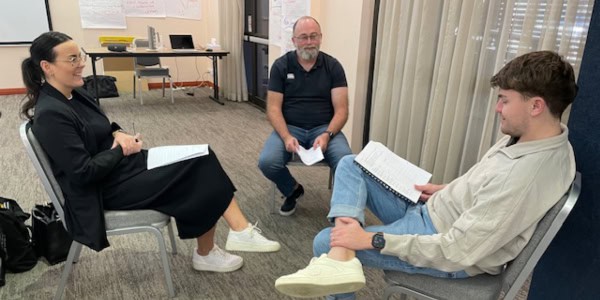Sometimes You Just Need To Escape (WT794)
BlogSometimes you just need to escape.
Last week we went to Coolangatta for a few days.
We were celebrating a milestone birthday for Ross.
After months of researching different travel destinations, he kept coming back to the Gold Coast in Australia.
“That’s where I want to go”, he repeated.
“Ok. That’s where we will go.”
Flight times didn’t suit our itinerary, so we decided to drive.
He had me captive in the car for a full two days, up and back.
No work on this trip.
It’s amazing how inspired you can become when you get away and escape.
Even though it was only a couple of days, it was invigorating.
The sun was shining.
The whales were waving.
The motorised surfboards were criss-crossing and gliding across the top of the waves.
The surfers were competing for waves. (We counted over 50 surfers in the water at Greenmount Beach.)
We walked everywhere and especially enjoyed the early morning walks on the beach.
Oh, those magical days of not thinking about work or the business.
Sometimes you just need to escape.
If you’re feeling a little burnt out at the moment or feeling overwhelmed, I encourage you to give yourself permission to take a few days off.
The world isn’t going to stop or fall apart if you’re not there to answer the phone for a few days.
Give yourself the gift of time.
If you do, you’ll be rewarded with renewed energy, inspiration and ideas.
Where will you go?
Reply and let me know.
Even better, go and let me know how you feel when you return.
P.S. Invite your friends to get the Weekly Thought delivered directly to their inbox.













